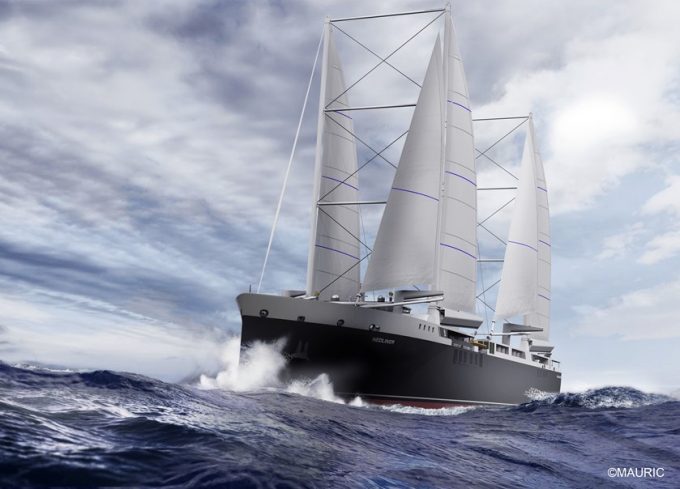New price hikes may slow ocean spot rate slide – but for how long?
Container spot freight rate indices showed some divergence this week, indicating that recent falls in ...

French car manufacturer Renault will return to the age of sail to send finished vehicles across the Atlantic, inking a deal with a wind propulsion firm.
Renault has signed a three-year deal with French developer Neoline to construct two wind-powered ro-ro vessels to operate on a transatlantic route from 2020.
The 136-metre long Neoliner has a beam of 24.2 metres and a standard sailing speed of 11 knots. It has some 4,200sq metres of sail and features “an innovative blend of technical solutions ...
Maersk u-turn as port congestion increases across Northern Europe
Apple logistics chief Gal Dayan quits to join forwarding group
Maersk Air Cargo sees volumes fall as it aims for 'margin in favour of revenue'
Airlines slash freighter capacity post-de minimis, but 'the worst is yet to come'
Houthis tell Trump they will end attacks on Red Sea shipping
Transpac rates hold firm as capacity is diverted to Asia-Europe lanes
MSC revamps east-west network as alliance strategies on blanking vary
India-Pakistan 'tit-for-tat' cargo ban sparks sudden supply chain shocks

Comment on this article